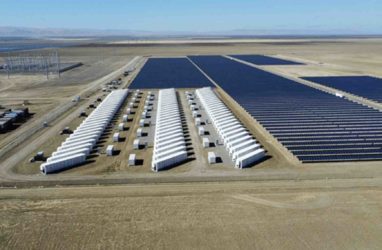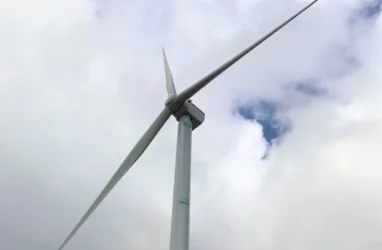Feed aggregator
Plan Vivo, consultancy set to launch nature-based pilots across Asia and Africa
Indigo Ag sells its largest ever block of voluntary credits to tech giant
Deal struck for CO2 pipeline to store France’s industrial emissions in the North Sea
China thermal power declines in May, renewable energy expansion continues
Shell announces acquisition of Pavilion Energy
How Britain’s oldest animal welfare charity became a byword for cruelty on an industrial scale | George Monbiot
As it celebrates its 200th birthday, the RSPCA has lost its way - and is helping endorse indefensible abuse in factory farms
How does it happen? How does an organisation end up doing the opposite of what it was established to do? This month marks the 200th anniversary of the foundation of the Royal Society for the Prevention of Cruelty to Animals: the world’s oldest animal welfare organisation. I wonder what there is to celebrate.
If you mistreat your dog or cat or horse or rabbit, you can expect an investigation by the RSPCA. If the case is serious enough, it could lead to prosecution. If you abuse animals on an industrial scale, you might face not investigation and prosecution, but active support and a public relations campaign to help you sell your products.
Continue reading...‘A distressing reality’: our beautiful planet under threat – in pictures
Stark images of coal markets, coastal cleanups and a photographer who burns her own work all feature in this year’s Earth Photo awards
Continue reading...Is David Littleproud prepared to switch off rooftop solar to jam nuclear into the grid?
The post Is David Littleproud prepared to switch off rooftop solar to jam nuclear into the grid? appeared first on RenewEconomy.
High fliers: pleasure-seeking parrots are using aromatic plants, stinky ants and alcohol
Rooftop solar and big batteries ease reliability concerns ahead of mass coal exit
The post Rooftop solar and big batteries ease reliability concerns ahead of mass coal exit appeared first on RenewEconomy.
Sunshine state to transform solar heavy towns into bespoke local renewable energy zones
The post Sunshine state to transform solar heavy towns into bespoke local renewable energy zones appeared first on RenewEconomy.
Arena triples bet on “clean steam” storage hopeful, in bid to green up Australian industry
The post Arena triples bet on “clean steam” storage hopeful, in bid to green up Australian industry appeared first on RenewEconomy.
Australia’s biggest solar and battery hybrid project planned at site of abandoned “dud” coal mine
The post Australia’s biggest solar and battery hybrid project planned at site of abandoned “dud” coal mine appeared first on RenewEconomy.
INTERVIEW: Industry actors team up to create scalable, flexible biochar ACCU method
“New wave” of offshore wind primes industry for decade of records
The post “New wave” of offshore wind primes industry for decade of records appeared first on RenewEconomy.
Big batteries are solving a solar problem in California. Can they do the same for Australia?
The post Big batteries are solving a solar problem in California. Can they do the same for Australia? appeared first on RenewEconomy.
Battle of the biggest reignites with reports Siemens plans 21MW offshore wind turbine
The post Battle of the biggest reignites with reports Siemens plans 21MW offshore wind turbine appeared first on RenewEconomy.
Andrew Forest says Coalition’s nuclear push will decimate Australian economy
The post Andrew Forest says Coalition’s nuclear push will decimate Australian economy appeared first on RenewEconomy.












